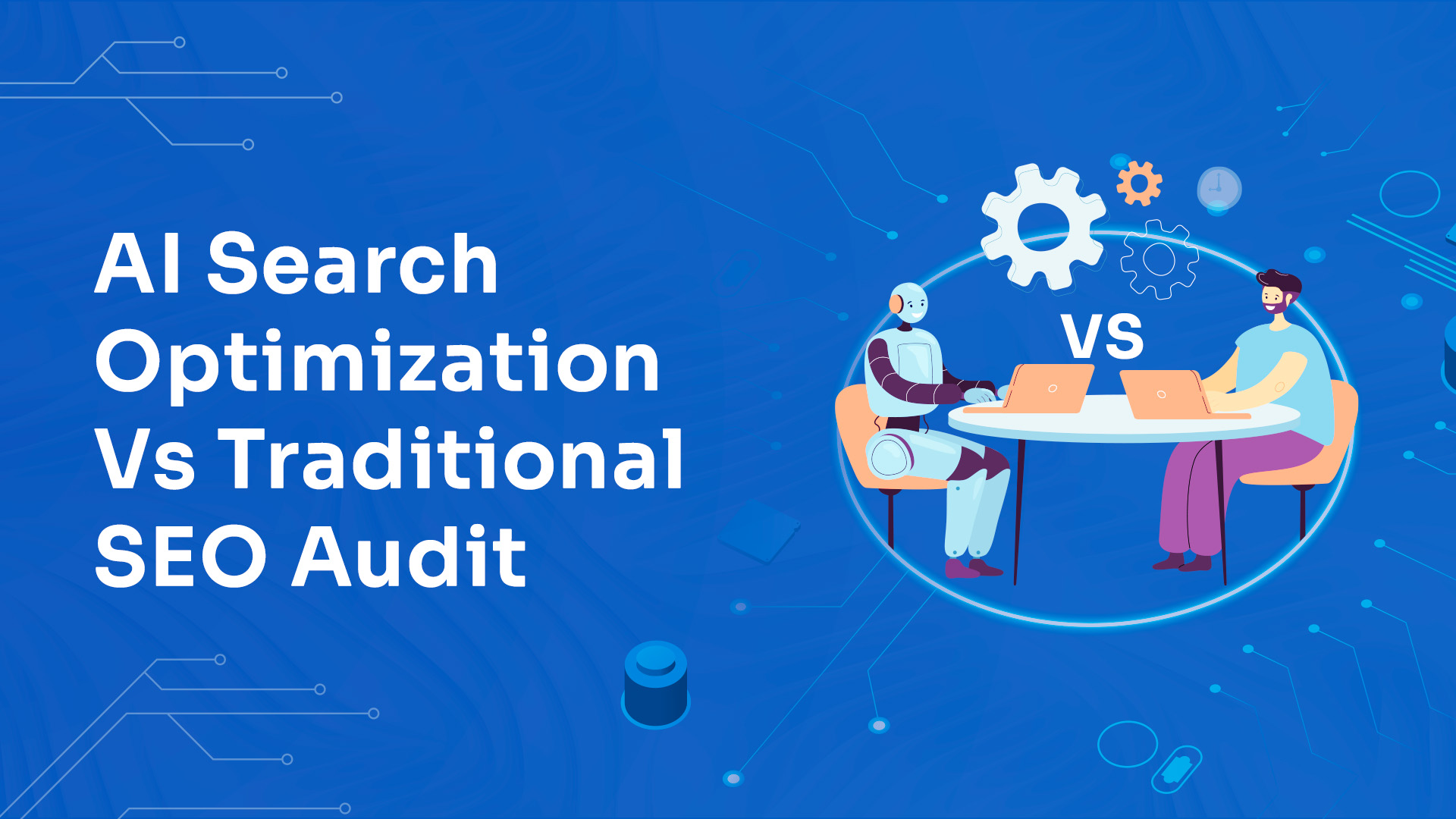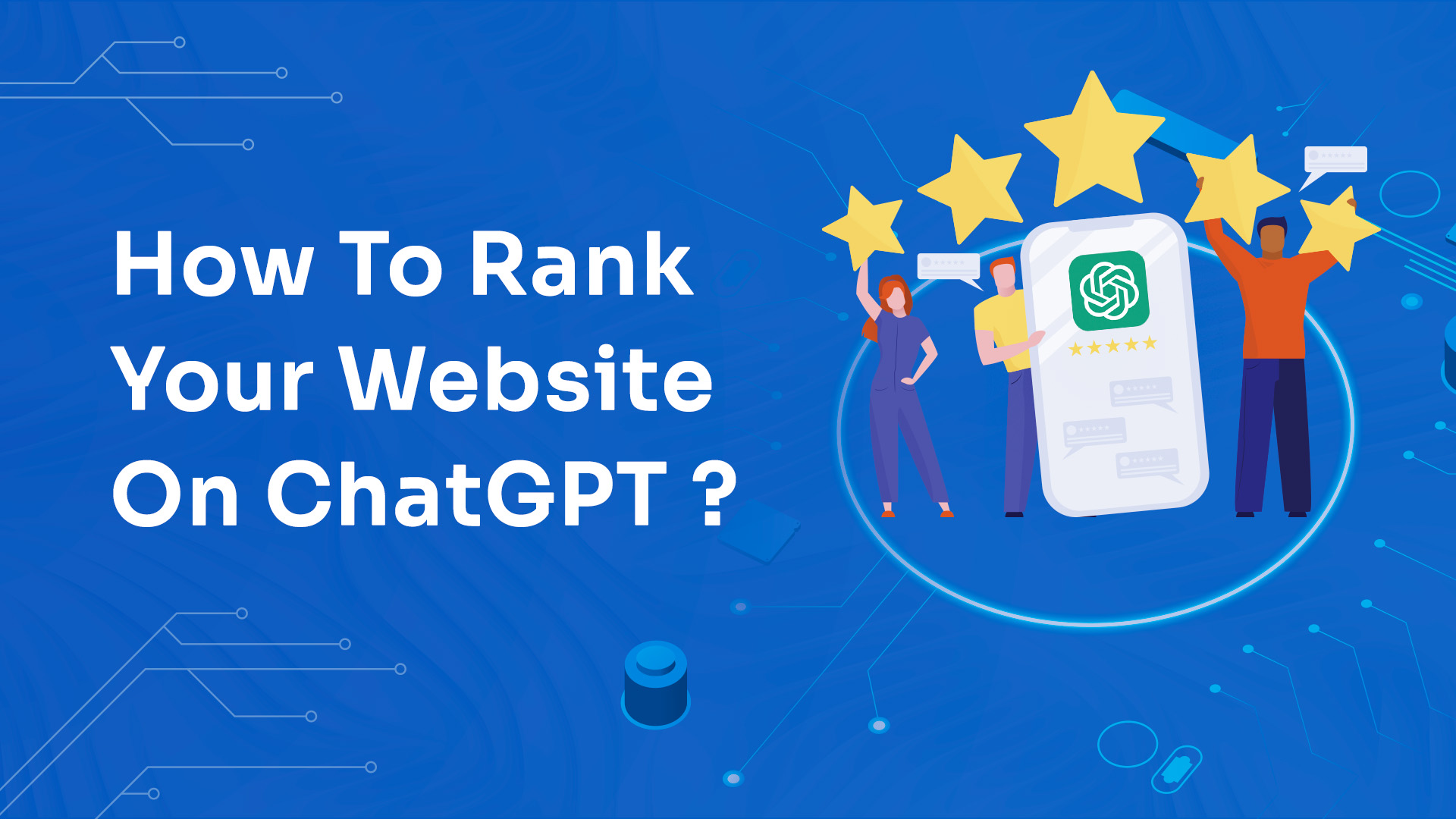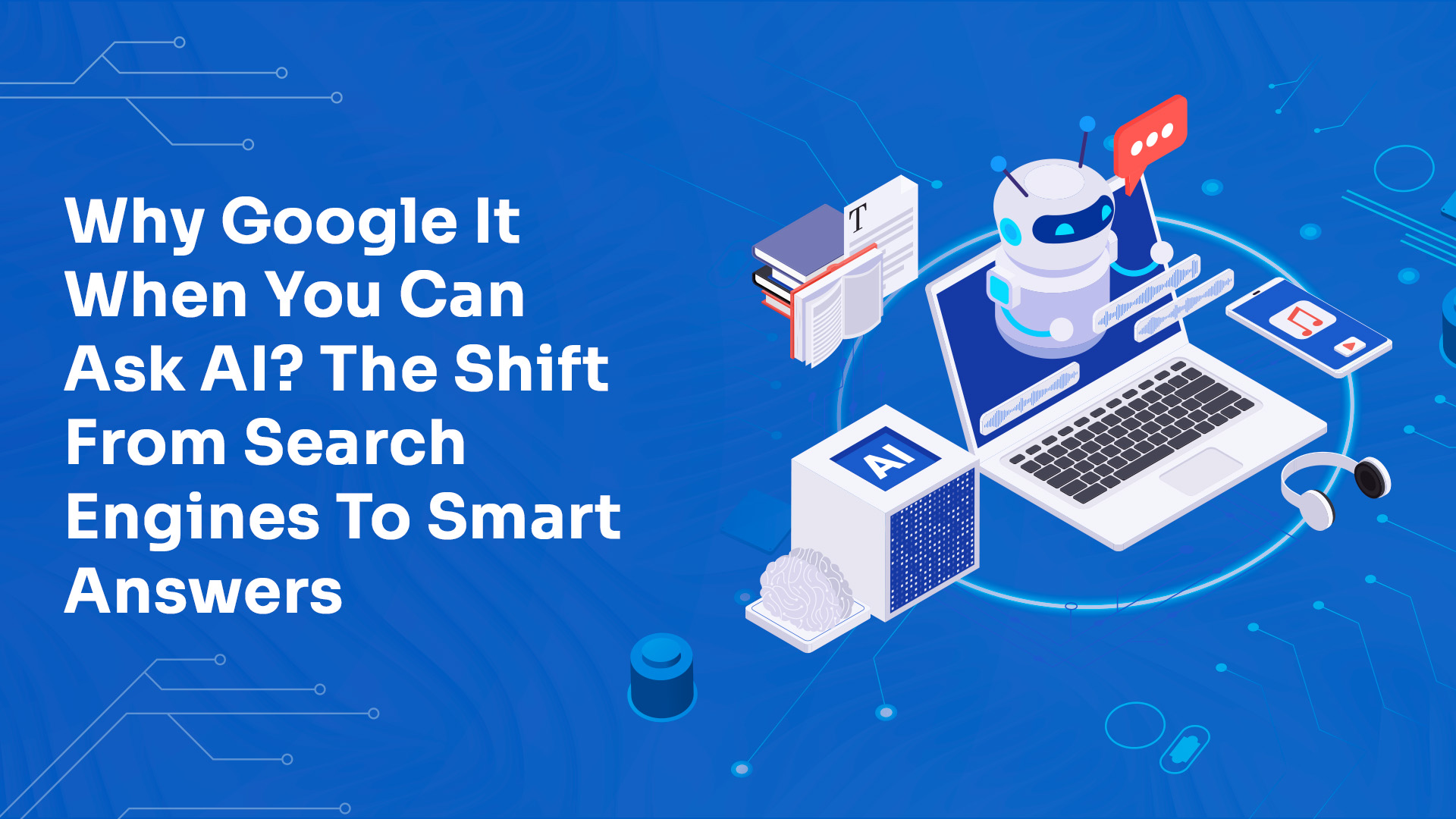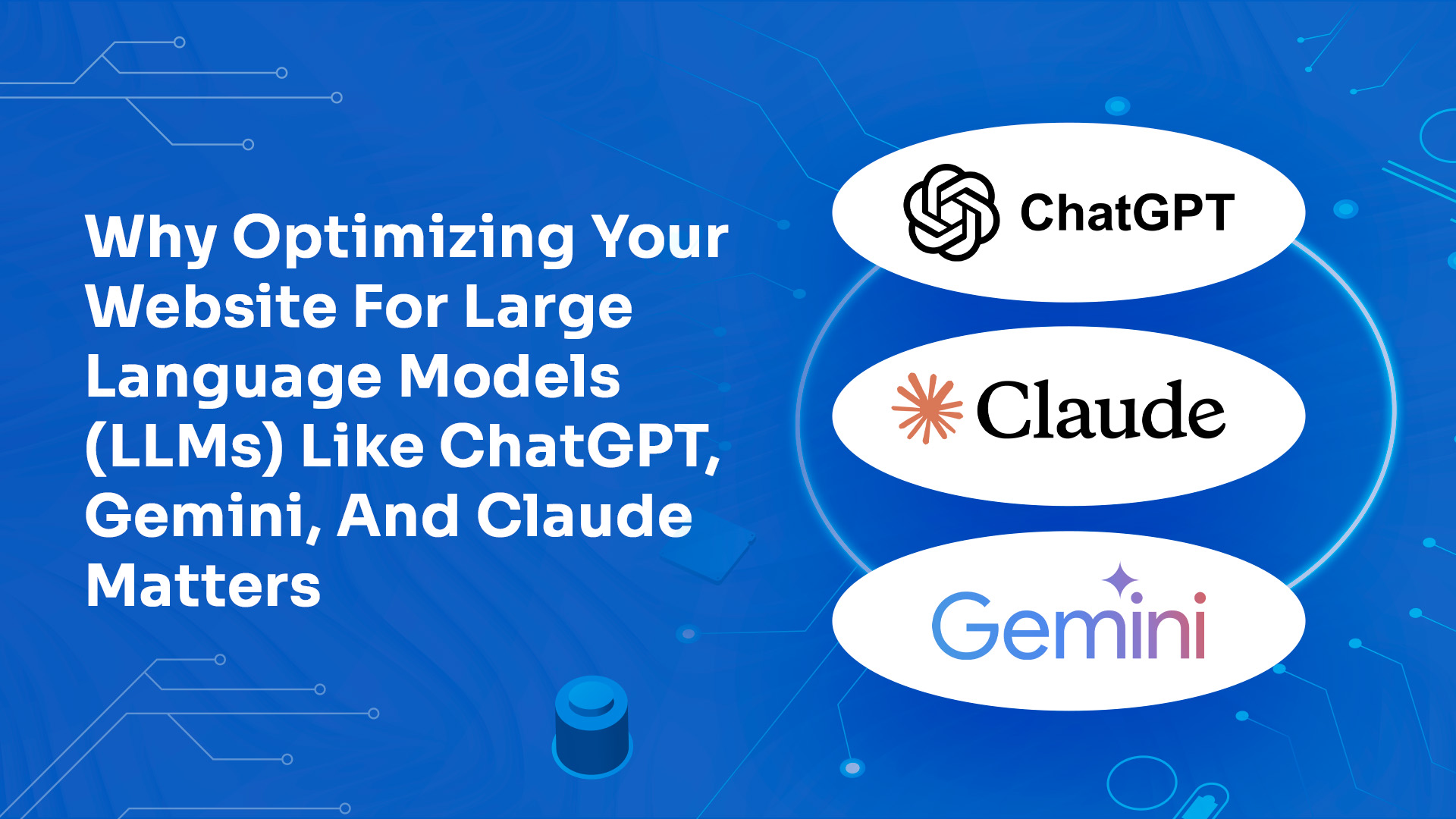
Introduction
In the past decade, SEO has meant optimising websites for Google search visibility—keywords, backlinks, and technical health. But in 2025, a new game is here: AI search optimisation. With AI search engines like ChatGPT, Gemini, and Perplexity providing direct answers instead of blue links, businesses need to adapt.
While a traditional SEO audit ensures your site is optimised for search engines, AI SEO (AISO) ensures your brand gets visibility inside AI-powered answers. Let’s explore the differences, strategies, and why both matter for your growth.
What is a Traditional SEO Audit?
A traditional SEO audit analyses your website’s readiness to rank higher in Google and Bing SERPs.
Core elements of a traditional SEO audit:
- Technical SEO: Site speed, crawlability, mobile-friendliness.
- On-Page SEO: Keywords, titles, meta descriptions, headings, and internal links.
- Off-Page SEO: Backlinks, domain authority, citations.
- Content Audit: Checking duplicate or thin content.
- User Experience: Engagement metrics like bounce rate and dwell time.
Goal: Increase organic traffic by ranking higher on search engine results pages.
What is AI Search Optimisation (AISO)?
AI search optimisation (AI SEO) is about ensuring your brand shows up in AI answers and AI overviews when people search through conversational platforms like ChatGPT, Perplexity, or Gemini.
Core elements of AI SEO:
- Conversational Queries: Structuring content in Q&A formats.
- Entity SEO: Optimising around entities (brand, products, people) that AI models connect.
- Trust & Authority: Verified data, credentials, author bios, and transparent sources.
- Schema Markup: FAQ schema, HowTo schema, product schema to help AI extract answers.
- AI Visibility Tracking: Checking if your brand is being cited inside AI search responses.
Goal: Appear directly in AI-generated answers, not just SERPs.
AI SEO vs Traditional SEO Audit – Key Differences
| Factor | Traditional SEO Audit | AI Search Optimisation |
|---|---|---|
| Focus | Google rankings | AI search answers |
| Approach | Keywords, backlinks, page speed | Conversational content, entities, schemas |
| Tools | SEMrush, Ahrefs, Screaming Frog | LLMAudit.ai, AI visibility trackers |
| Content Style | Long-form blogs & landing pages | FAQs, conversational snippets |
| Authority Signals | Backlinks, DA, citations | Transparency, credentials, case studies |
| Metrics | SERP rankings, organic traffic | AI visibility share, citation frequency |
Why AI Search Optimisation Matters in 2025
- AI Overviews are reshaping search: Google and AI platforms prioritise direct answers.
- Zero-click searches: Users get answers without clicking links.
- Trust advantage: Early AI citations create long-term authority.
- Voice search boom: Assistants depend on AI-optimised content.
- LLM training sets: Your site needs AI-readable content to appear in ChatGPT or Gemini.
Transitioning from SEO Audit to AI SEO
- Keep traditional SEO as your base.
- Add Q&A content and FAQs for conversational visibility.
- Implement schema markup across pages.
- Monitor AI visibility via LLMAudit.ai or AI answer checkers.
- Focus on trust-building content: reviews, bios, case studies.
FAQs
Q1. Is AI SEO replacing traditional SEO?
Not entirely. Traditional SEO ensures visibility on Google SERPs, while AI SEO ensures you appear inside AI-driven answers.
Q2. Which is more important—AI SEO or traditional SEO audit?
Both. SEO audits fix your site’s foundation, while AI optimisation positions your brand for the future.
Q3. How do I optimise my site for AI search engines?
Use Q&A formats, add structured data (FAQ schema, HowTo), and ensure your content builds trust and authority.
Q4. Does AI SEO work for small businesses?
Yes, especially for local queries answered directly by AI assistants.
Q5. What tools can help me with AI SEO?
Traditional tools (SEMrush, Ahrefs) for audits + LLMAudit.ai and AI visibility trackers for AI search optimisation.
Final Takeaway
Traditional SEO audits are still essential, but AI search optimisation is the future of search visibility in 2025. Businesses that combine both approaches will dominate not just Google rankings but also AI-powered answers on ChatGPT, Gemini, and Perplexity.
Use LLM Audit tool to check whether your website is optimised for AI Search or not.


